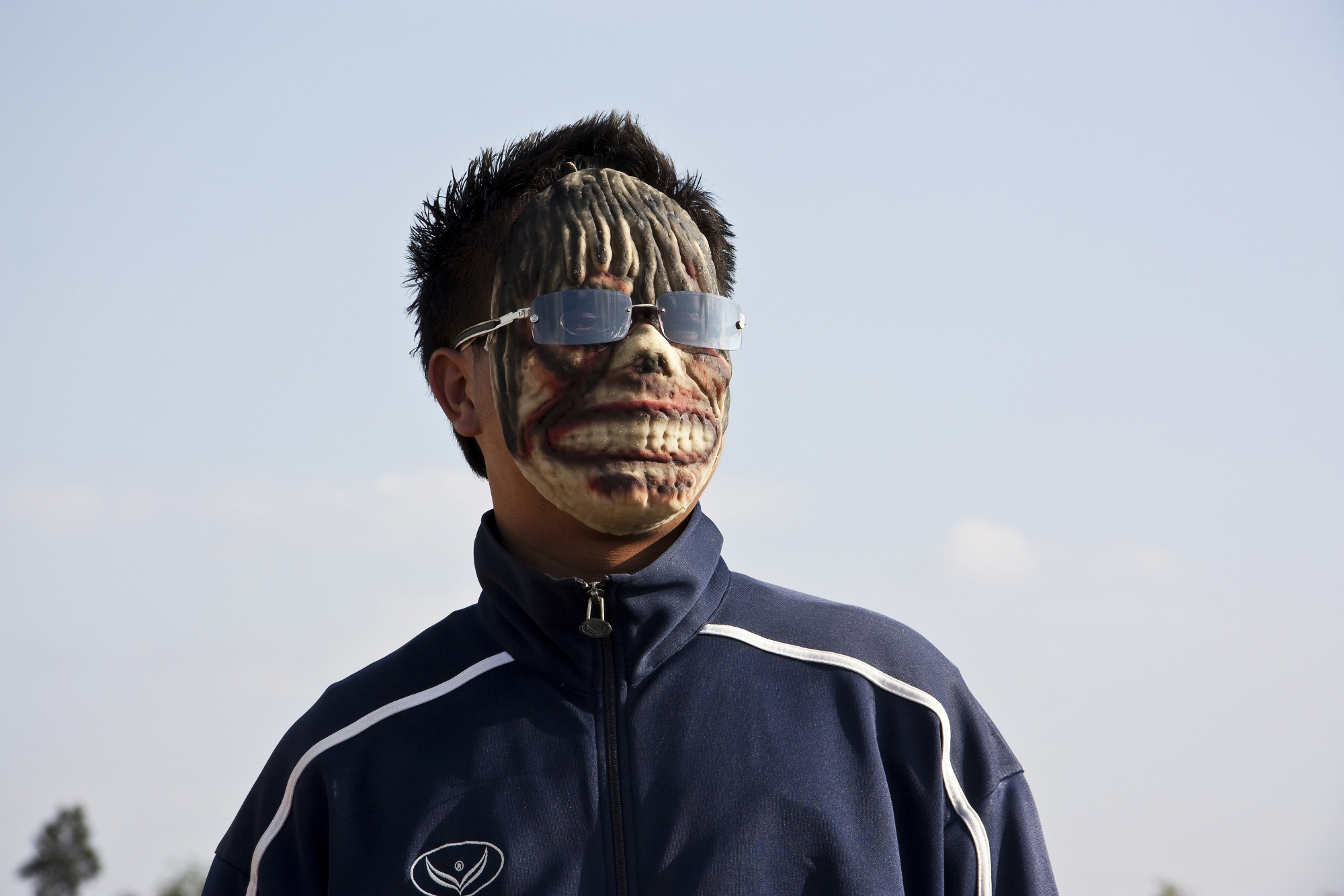My initial reaction on seeing Apichatpong Weerasethakul's Palme d'Or-winning "Uncle Boonmee, Who Can Recall His Past Lives," a film highly respected by critics and beloved by audiences around the world, was "So what?"
This was partly a result of the high expectations that reviews had set up, and partly because the film's charm relies so heavily on riffing with local and traditional folklore, and being whimsical about the supernatural. As Weerasethakul's rhetoric about the ubiquity of superstition in his home country of Thailand is less than complimentary — "It's a country of lies and fabrication" — this seemed like having your cake, eating it and then posting photos of it on social media.
However, in my book, anyone who gained the respect and friendship of the late Benedict Anderson, author of the immensely important critique of nationalism "Imagined Communities," is entitled to as much cake as they want. The creative invention and emotional candor of Weerasethakul's exhibition "Ghosts in the Darkness" at the Tokyo Photographic Art Museum sucker-punched me after my earlier underestimation of "Uncle Boonmee"; it hits a sweet spot between seeming effortless, and the result of careful contemplation.



